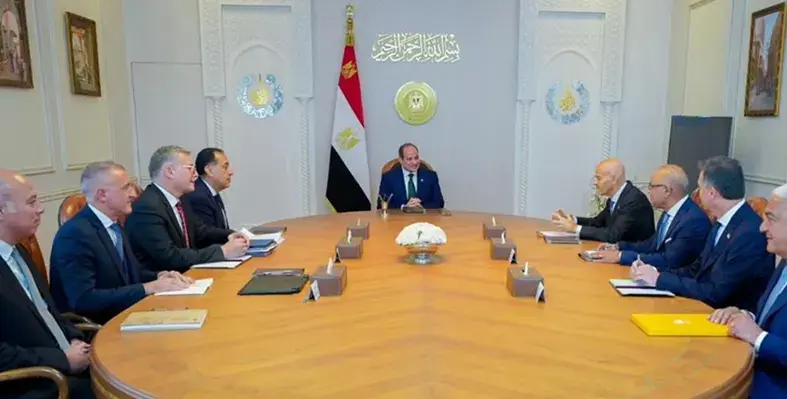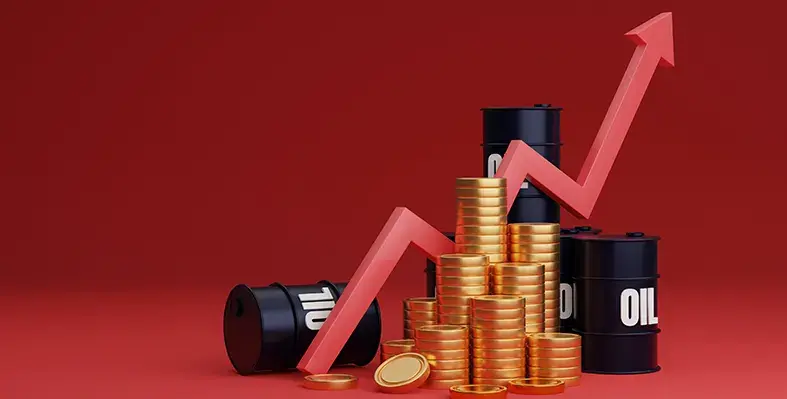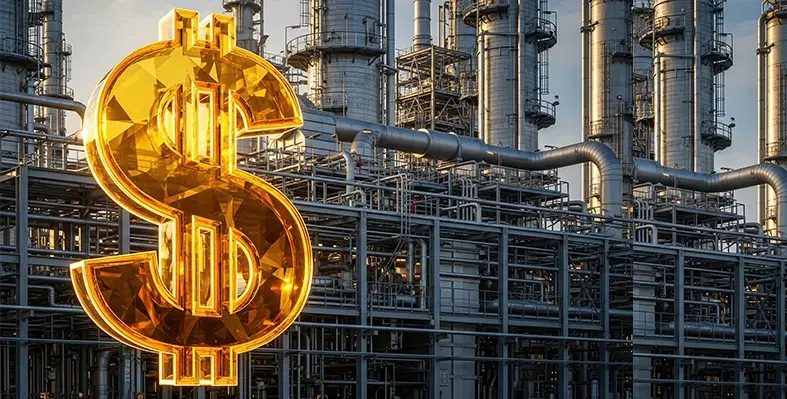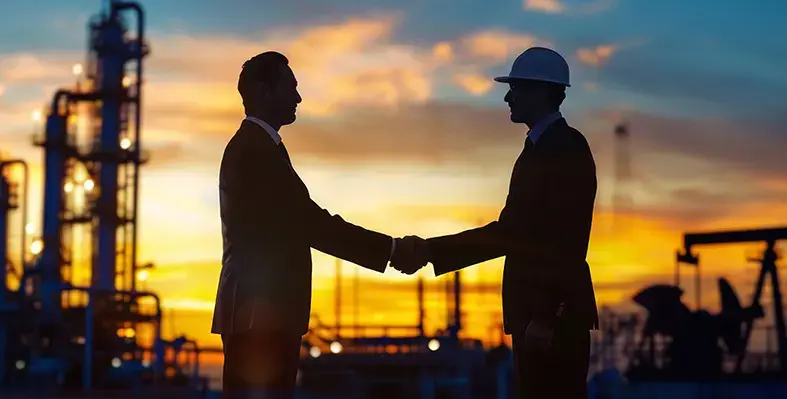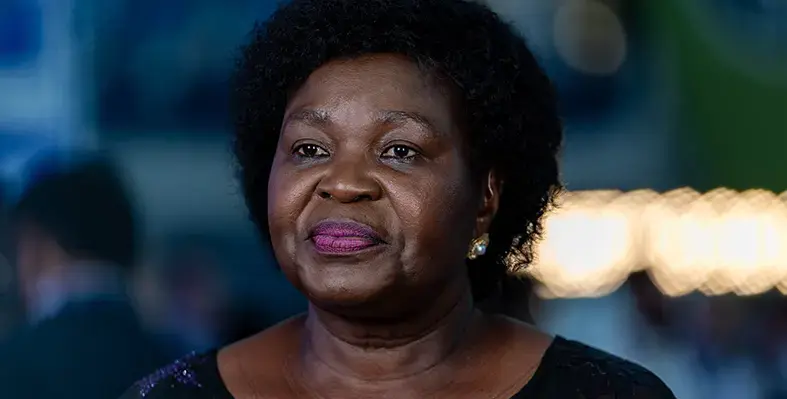
The Minister of Energy and Mineral Development, Ruth Nankabirwa Ssentamu.
As Uganda prepares for oil production early next year, the country has in place an integrated system that goes beyond the oil and gas value chain to also include the citizens of the country at large
The Ugandan administration has made oil and gas the centre of its operations, fostering partnerships on advancing public awareness regarding the sector. It is initiating ways to break down complex and ultra-technical concepts of the hydrocarbons industry for the better understanding of the general public. This also includes simplifying conversations around 'local content' or 'first oil' so that everyone can identify with the industry and be active drivers of it.
As mega projects such as Tilenga and Kingfisher keep rolling, banks are especially focusing on the oil and gas industry, empowering local firms to pursue large contracts. They are initiating capacity-building partnerships, working capital solutions, asset finance and trade guarantees.
Uganda's Ministry of Energy and Mineral Development has been the instrumental force behind such advancements. The Minister of Energy and Mineral Development, Ruth Nankabirwa Ssentamu, spoke to Oil Review Africa on Uganda's ambitions of becoming a significant energy producer in Africa's energy landscape:
How does Uganda plan to leverage the global oil market, given its current volatility?
Uganda is mainly focusing on long-term contracts, regional market integration, and value addition through refining and petrochemicals. We are building resilience by maintaining fiscal discipline, encouraging local processing, and adopting clean, low-cost production to stay competitive even in volatile markets.
What are the primary driving factors behind Uganda's integrated oil and gas approach, and how is the country's administration managing such a vast concept?
Integration maximises value across the petroleum value chain -- exploration, production, refining and export, while promoting industrialisation and job creation. Clear institutional roles of the Ministry of Energy and Mineral Development, Petroleum Authority of Uganda and Uganda National Oil Company, and coordinated project oversight will ensure efficiency, transparency, and timely delivery.
As Uganda rapidly adapts to a diverse energy mix, how is oil and gas faring in the equation?
Oil and gas remain central to Uganda’s energy security and industrial growth while supporting the transition to renewables. Gas is being developed for power generation, fertilisers and clean cooking, and revenues from petroleum will fund renewable expansion and grid investment.
Is a significant overhaul of existing policies anticipated with the launch of the revised National Oil and Gas Policy?
There is no major overhaul, rather an update to reflect new realities. The revised policy strengthens gas utilisation, decarbonisation, local content and transparency, ensuring alignment with Uganda’s energy transition (preferably addition) plan and sustainable development goals.
What is Uganda willing to bring to the table in ADIPEC 2025, and what will be the country's take-aways from the event?
Uganda brings investment-ready projects in the upstream, East African Crude Oil Pipeline and refinery, and a stable policy environment. We seek partnerships, technology transfer, specifically Artificial Intelligence systems, financing and market linkages to accelerate development and advance our energy transition (addition) agenda.






